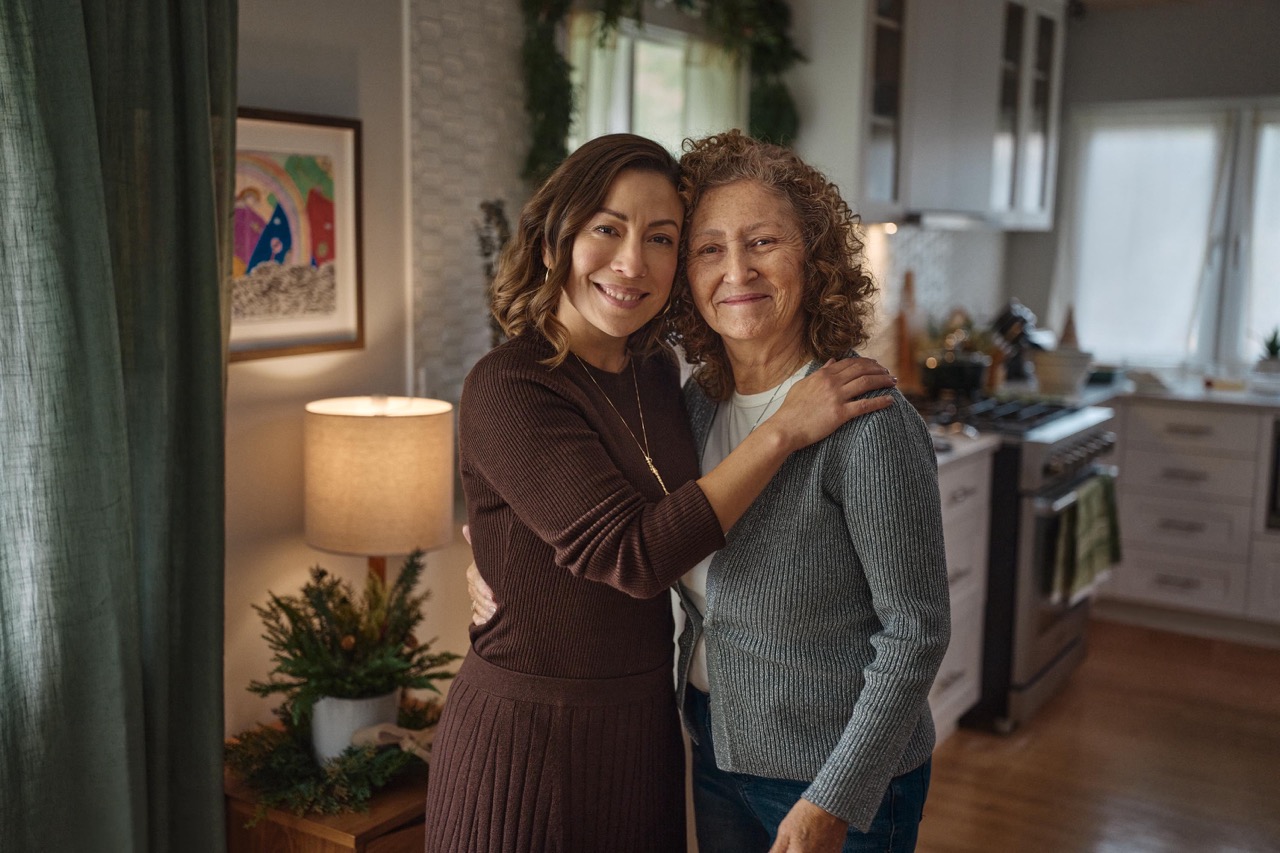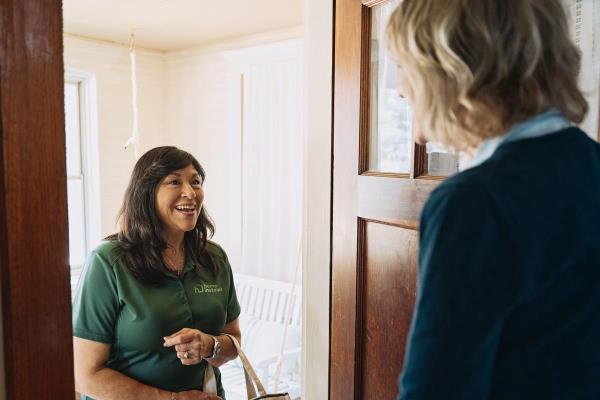Talking About What’s Next: Starting the Conversation with Aging Loved Ones
Growing older brings changes—some expected, some not. But one thing remains the same: the desire to stay in control of your life and your choices.
That’s why it’s important to talk about care, support, and future needs before there’s an emergency. Open, respectful conversations give families time to understand each other's wishes and explore solutions that preserve independence and dignity.
The New “What’s Next” Approach
At Home Instead, we believe that preparing for what’s next should feel empowering—not overwhelming. That’s why we’ve created the “What’s Next” Toolkit, a simple, step-by-step guide to help you and your loved ones have these conversations with more confidence and less stress.
When to Start the Conversation
There’s no perfect age, but experts recommend starting these discussions when your parents or aging loved ones are around age 70—or earlier if signs of change are already present.
Remember: it's never too early to plan—but it can become too late if you wait for a health event or crisis to spark the conversation.
Articles

Communication Plays Critical Role in Dementia Care
Dementia illnesses can pose special communication challenges for older adults and their family caregivers.
Read More >
Hurdles Often Stand in the Way of Communicating With Aging Parents
Barriers and hurdles can get in the way of candid family conversations about a variety of topics such as living and financial choices, health, relationships and dating, driving, and end of life.
Read More >

Seven Tips for Better Communication
Families can benefit from these tips for talking with older adults about touchy topics.
Read More >
Personalized Senior Care




